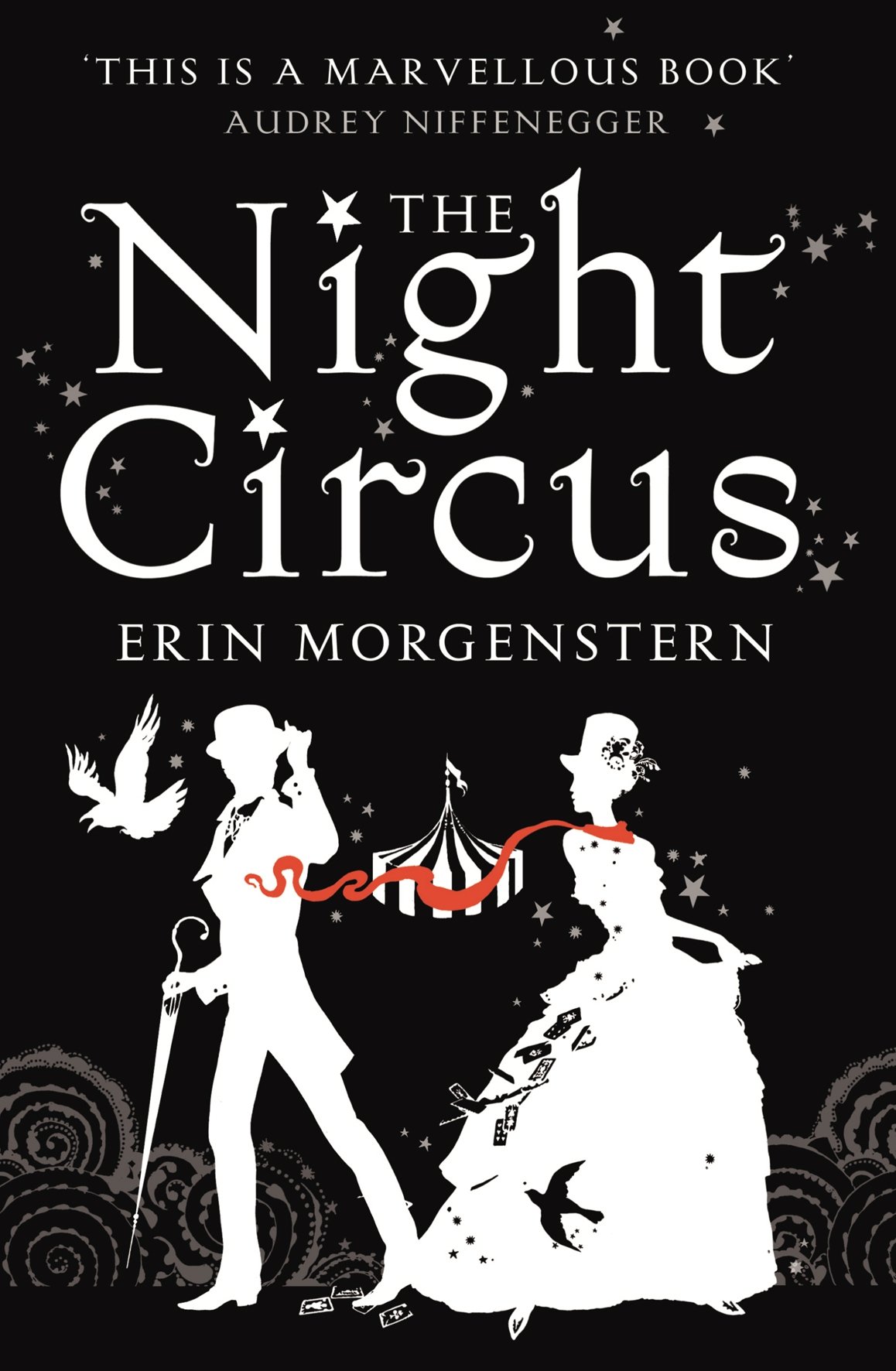Title: The Night Circus
Author: Erin Morgenstern
First Published: 13 September 2011
I’ve wanted to read this book for a long time now and I’m glad I stumbled upon this brand new copy in my school library. Upon finishing it 3 days later, I immediately knew two things. It’d joined my all-time favorite list of books, and that I needed to get my own copy.
You think, as you walk away from Le Cirque des Rêves and into the creeping dawn, that you felt more awake within the confines of the circus.
You are no longer quite certain which side of the fence is the dream.
The Night Circus is not your ordinary YA fantasy. I knew by the first chapter that it was going to be a unique and magical experience. As the author herself puts it, flipping through the pages was “like stepping into a fairy tale under a curtain of stars.”
The story centers around Le Cirque de Rêves, a dreamlike globe-trotting circus in the late 19th century which opens at nightfall and closes at dawn. Everything about the circus is monochromatic, with no familiar traces of crimson and gold. Its construction is quite unique too.
Rather than a single tent with rings enclosed within, the circus contains clusters of tents like pyramids, some large and others quite small.
Inside these tents and all around, visitors might stumble upon the performances of a tattooed contortionist, a master illusionist, a young fortune-teller, living statues, trapeze artists and cat-taming twins. Not to mention feasting on chocolate mice and caramel popcorn, as well as exploring an in-tent ice garden, desert, cloud maze and so much more.
But most are unaware that the circus is merely the venue of a magical competition between long-time rivals, Prospero the Enchanter and Mr A. H.. Prospero believes that magic is an innate talent, while Mr A. H. insists that it’s teachable to any intelligent person. They’re each determined to prove the other wrong.
Thus commences a “game” where their students are pitted to duel against the other, theoretically to death.
Life takes us to unexpected places sometimes. The future is never set in stone, remember that.
Enter Celia and Marco, the current (and probably last) players in this notorious game. Prospero is a renowned magician and believes that her daughter will be undefeated, while Mr A. H. decides to train an orphan boy.
What I love the most about The Night Circus is, in fact, its vagueness, though some may find that bothersome. We don’t know much about Celia’s mother and Mr A. H.’s mysteries are never quite revealed. There’s also no real sense of a real world outside the circus gates or a clear the magic system (its origins, rules, boundaries, etc).
I think this ambiguity works well in the book’s favor. It adds to the fairy-tale and dreamlike quality of the tale.
Secrets have power. And that power diminishes when they are shared, so they are best kept and kept well. Sharing secrets, real secrets, important ones, with even one other person, will change them.
The constantly altering multiple point-of-view, in addition to the story’s non-linear timeline, may be confusing in the beginning. I had to flip back to the chapter title a lot just to keep track of the shifting years. But that’s the magic in it. Sometimes you’re presented with an interesting situation and you don’t know how it gets there, so you read on. This is what makes it so page-turning.
The occasional third-person POV is a treat as well. On these brief “chapters” you are a visitor, an audience, of the circus.
[The figures] stand entwined but not touching, their heads tilted toward each other. Lips frozen in the moment before (or after) the kiss.
Though you watch them for some time they do not move. No stirring of fingertips or eyelashes. No indication that they are even breathing.
Also, the excerpts to Friedrick Thiessen’s articles given in the start of each parts of the novel are breathtaking. Originally the clockmaker who builds the circus’ iconic clock, he’s now the face and “leader” of the reveurs (the circus’ fanbase).
I would dearly love to read the reactions, the observations of each and every person who walks through the gates of Le Cirque des Rêves, to know what they see and hear and feel.
We add our own stories, each visitor, each visit, each night spent at the circus. I suppose there will never be a lack of things to say, of stories to be told and shared.
(spoiler in this paragraph!)
If there is one thing I have to complain about this book, it would be the romance. I find it completely unnecessarily, although the ending might’ve turned out differently if Celia and Marco were not romantically involved. I think their relationship would be just as intriguing, if not more, had it been merely a platonic one. Their “love” and moments alone can feel quite superficial at times, (though it’s still far better than the one in Passenger), especially because they didn’t really spend much time together before that first kiss. However, because the romance isn’t really the focus of the story, it doesn’t bother me that much.
“I would have written you, myself, if I could put down in words everything I want to say to you. A sea of ink would not be enough.”
“But you built me dreams instead.”
All in all, The Night Circus was an entrancing read. I haven’t felt this attached to a YA book for some time now, so this review is a compliment in the highest regard.
If you like fairytales, magic hidden in plain sight and timeless tales of dreamlike worlds, then doubtless this should be your next read.
